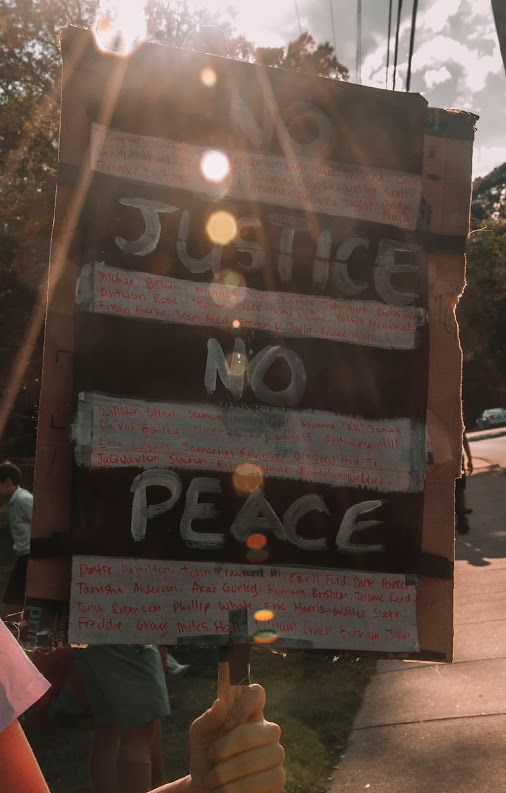Creating a gentrified guilt complex (op-ed)
 |
| Photo by Maria Oswalt on Unsplash |
In
2006 author Shelby Steele published, White Guilt: How Blacks and Whites
Together Destroyed the Promise of the Civil Rights Era. Steele described white guilt as the vacuum of
moral authority that comes from simply knowing that one’s race is associated
with racism.
Therefore,
whites (and American institutions) must acknowledge historical racism to show
themselves redeemed of it, but once they acknowledge it, they lose moral
authority over everything having to do with race, equality, social justice, and
poverty. The authority whites lose
transfers to the “victims” of historical racism and becomes the victim’s source
of power in society. Steele
went further: Anger is not inevitable for the oppressed; it is chosen when
weakness in the oppressor means it will be effective in winning some kind of
spoils. Anger in the oppressed is a
response to perceived opportunity, not to injustice. Injustices create only the potential for
anger, but weakness in the oppressor calls out anger, even when there is no
injustice. In both the best and the
worst sense of the word, black rage is always a kind of opportunism. Last
month, in Kentucky, Black Lives Matter Louisville, created a social justice
rating system to grade establishments in the NuLu Business District. Grade A = Ally, meaning the establishment
supported black liberation and met the requirements. Grade C = Complicit, meaning the
establishment failed to meet 2 or more of the requirements. Grade F = Failure, meaning the establishment
failed to meet minimum requirements including failure to create a safe space
for black inclusion. The requirements,
which were actually social justice demands, were the following: 1).
Establishments must have 23% BIPOC on staff 2).
Establishments must receive 23% of inventory from BIPOC businesses 3).
Establishments must make regular donations to BIPOC organizations 4).
No dress codes that discriminate against BIPOC patrons or employees. The
activist expected NuLu business owners to sign a contract that stated: I, a
business owner in the gentrified NuLu Business District, understand that
gentrification targets poor and disadvantaged communities of color. I acknowledge that the original residents of
Louisville’s Clarksdale community, which was demolished to make way for NuLu,
have been harmed by displacement. I
acknowledge that my business has played a part in the harm done to Clarksdale’s
original residents, who have received no economic benefits from our occupation. The
reaction from NuLu’s business owners ranged from weak, to mild, to
extreme. Some owners believed they had a
responsibility to admit gentrification occurred and they should play an active
part in increasing diversity in the district.
Other owners felt the activists had a legitimate grievance, but
disagreed that the NuLu district was part of the gentrification that took place
at Clarksdale. Then there were owners
that insisted that the activists were using mafia shakedown tactics to achieve
their goals. In response to the last
group of business owners one activist warned, “How you respond to this is how
people will remember you in this moment.
You want to be on the right side of justice at all times.” Another
social justice demand centering around gentrification happened earlier this
month in Seattle. The Seattle Times
reported that Seattle was the third most gentrified city in the United States. The city’s Central District has seen a
dramatic drop in black residents. The
paper estimated by the next decade the Central District will be 10 percent
black, down from 73 percent black in 1970.
A small group of Black Lives Matter activists went on a march to demand
for white people to give up their homes as a form of reparations for
gentrification. Ta-Nehisi
Coates’s 2014 article The Case for Reparations contained a list of historical
grievances in the subtitle: Two hundred fifty years of slavery. Ninety years of
Jim Crow. Sixty years of separate but equal. Thirty-five years of racist
housing policy. Then Coates wrote: Until
we reckon with our compounding moral debts, America will never be whole. These
activists just added gentrification to America’s compounding moral debt and
will continue to guilt the present in an effort to gain from the past. First
published in the New Pittsburgh Courier 8/26/2020 |


Comments
Post a Comment